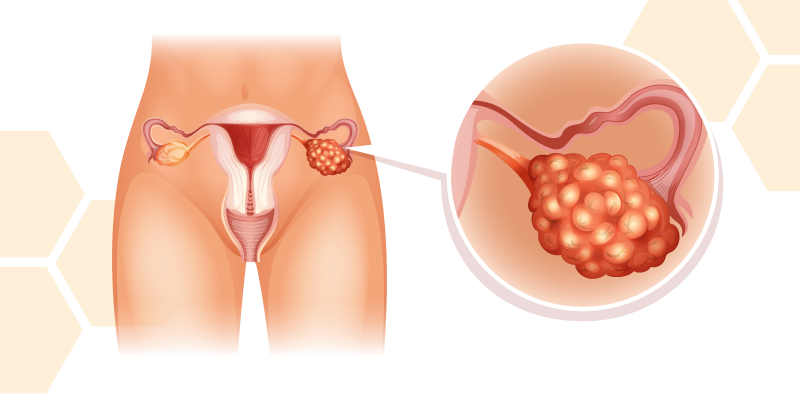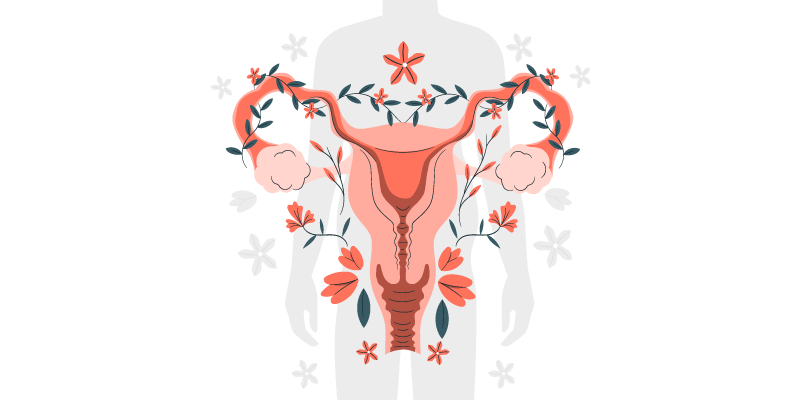Ovarian Cancer Treatment – Fertility issues and preservation: Looking forward to the future

Author: Dr. D Maheshwari, Consultant & Fertility Specialist
Ovarian cancer is the most prevalent cancer among women. It originates in the ovaries, the fallopian tubes, and the peritoneum. Ovarian cancers can be classified as benign (non-malignant), borderline (low potential for malignancy), or malignant (cancerous).
There is no good way to avoid ovarian cancer in women with family history. In addition, older and menopausal women with no genetic history also have a high risk of developing ovarian cancer.
Getting diagnosed with cancer is devastating in itself, and the treatment associated with it is extremely demanding due to its impact on overall health. In women afflicted with cancer, fertility issues are caused due to both cancer and its treatment. Cancer treatments affect female fertility either permanently or temporarily.
Fertility issues caused due to cancer treatment
It is important to know that Ovarian cancer treatment leads to impaired function of the ovaries and other reproductive organs. The common treatments for Ovarian cancer include radiation therapy, chemotherapy, and surgical removal of the ovaries.
The strong medical agents and radiation used for chemotherapy and radiation therapy damage the ovaries. Ovaries are home to immature eggs and they release the matured egg during mid-cycle of every month to be fertilized by the sperm. Any damage to the ovaries can destroy these eggs causing infertility and early menopause.
Cancer treatment in some women causes early menopause, a permanent infertility caused due to absent ovarian function. In some women who have undergone chemotherapy, even though menstrual periods might return a little later after the treatment, they still could suffer from lowered fertility.
Radiation therapy in younger women causes early onset of menopause.

Fertility preservation
Talk to your oncologist about the risks and impact of the treatment on your fertility before starting with the treatment. Consult with a fertility specialist to know about your fertility preservation options.
Evaluating fertility preservation options depends on many factors such as:
– Age
– Type and stage of cancer
– Ovarian reserve
– Cost of the entire process
Egg and Embryo freezing: It is a standard approach for preserving fertility. Egg production in women is stimulated with hormonal injections and the matured eggs are collected and preserved to be used for future purposes. In married women, these collected eggs are fertilized with sperm in controlled lab conditions to form an embryo. This embryo is cryopreserved to be used for embryo transfer in the future.
Surgical removal: In a few cases, wherein cancer is diagnosed in its early stage and has affected only 1 ovary, then there is an option of surgically removing the affected ovary only. This helps in preventing permanent infertility by preserving the other healthy ovary.
Ovarian tissue preservation: A part or the entire ovary is surgically removed and frozen only to be transplanted back after the cancer treatment.
This procedure is of great benefit for pre-pubertal girls and also for women who cannot undergo ovarian stimulation.
Conclusion
Getting diagnosed with Ovarian cancer or any cancer for that matter could be a stressful and scary experience. And to take a call about your fertility especially if you are still unsure about having kids is a nerve-wracking situation. To put your minds at ease, cancer survivors do have a chance at parenthood, provided they make the right decision at the right time. A fertility specialist can help you in evaluating your choices and options that are suitable to you.










